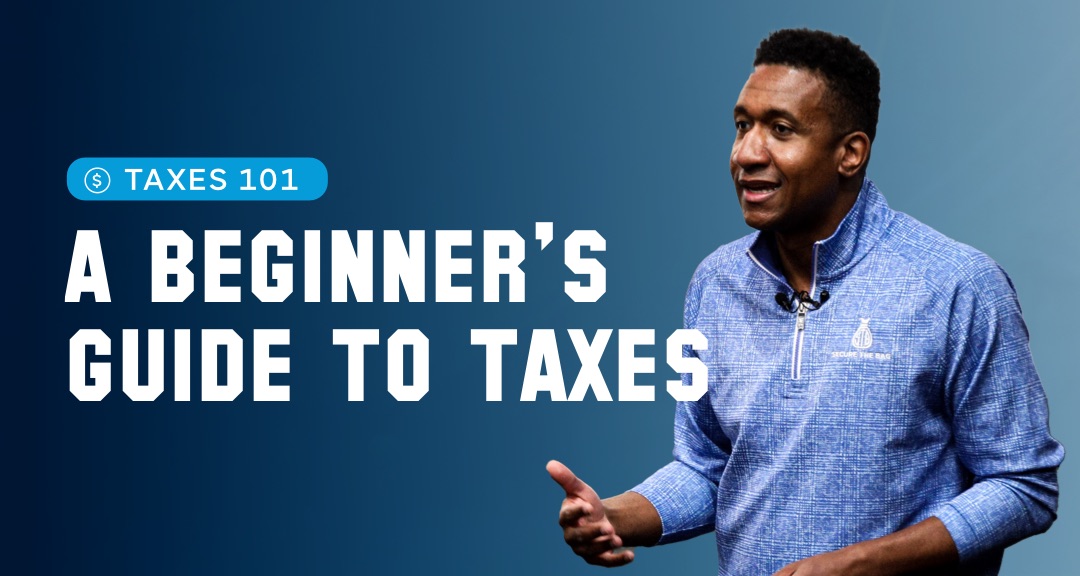A Beginner’s Guide to Taxes
Tax preparation may be one of the most frustrating tasks we face each year. However, it’s easier than it looks. In most cases, Americans must pay both state and federal taxes. Here is a beginner’s guide to taxes.
State vs. Federal Taxes
State income taxes vary considerably from state to state; they are funds that help improve things like schools, parks, and public transit. In contrast, federal taxes are collected by the federal government and put towards healthcare, the military, and social security (money to help cover your retirement costs).
What Is the Tax Code?
The Internal Revenue Code (IRC), generally known as the tax code, is written by Congress, the legislative part of the government. The tax code governs tax collection, the enforcement of federal tax rules, and the distribution of tax refunds, rebates, and credits.
What Is Tax Season?
Every spring, the Internal Revenue Service (IRS) requires Americans to file a tax return (often known as 1040), which summarizes all the money they earned in the previous calendar year. This might include money gained from a job, receiving a substantial gift, or even profit from selling bitcoin.
Why Do I Have to File Taxes?
You must file taxes at the start of each year to ensure that you paid the correct amount in taxes the previous year and did not overpay or underpay. Income tax is deducted from each paycheck throughout the year, but this isn’t always the amount you owe in taxes at the end of the year.
How Do You File Your Taxes?
The prospect of filing a federal tax return can be daunting, but there are tax tool apps to help with the process. Start by gathering all the documents, then decide if you want to prepare your taxes by hand, through a tool, or by a tax preparer. The next step is to figure out your deductions, put everything together and file your return.
Taxpayers can file their taxes themselves and potentially save money. Those in more complex situations can hire a professional to assist them in achieving the best possible outcome. Gather your tax documents, assess your needs, and choose the best approach.

